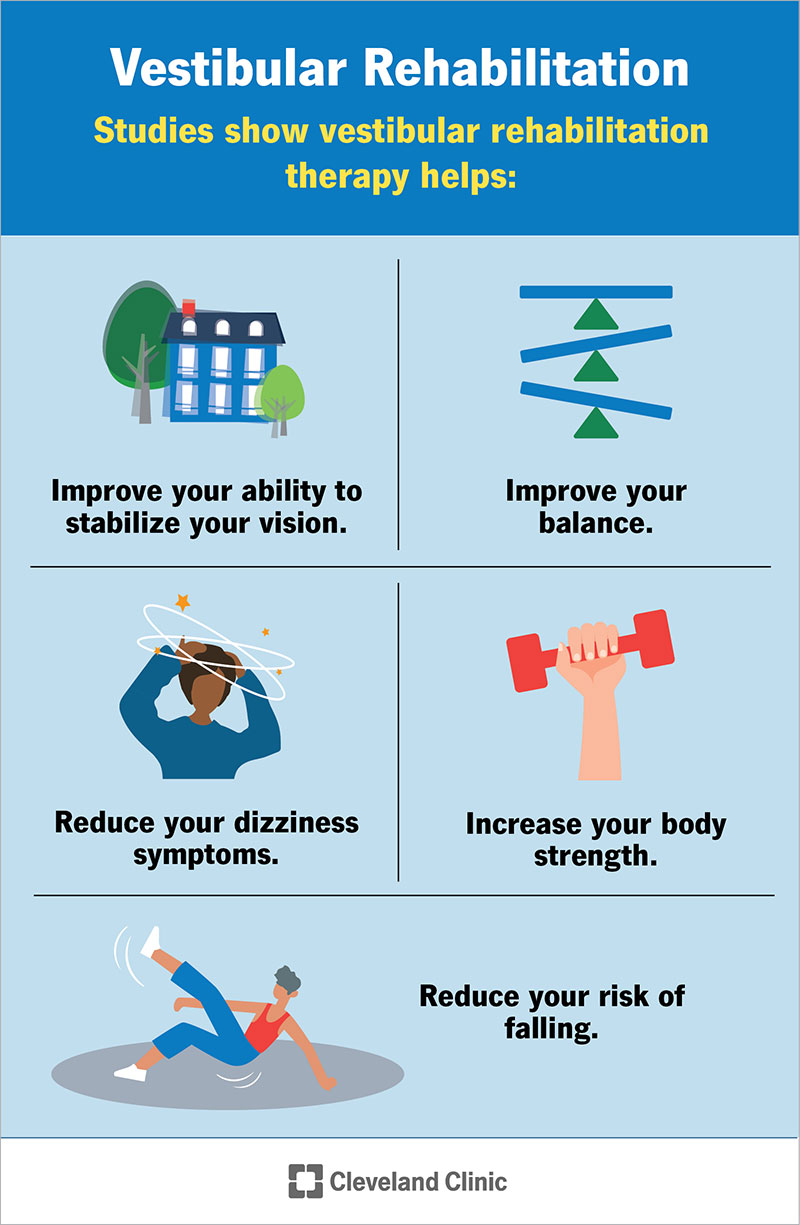More About Narconon Africa
More About Narconon Africa
Blog Article
The 9-Second Trick For Narconon Africa
Table of Contents6 Simple Techniques For Narconon AfricaSome Ideas on Narconon Africa You Need To KnowNarconon Africa for BeginnersFacts About Narconon Africa UncoveredThe Main Principles Of Narconon Africa Indicators on Narconon Africa You Should KnowNarconon Africa for Beginners
In a series of papers with Manudeep Bhuller and Katrine V. Lken, we overcome these information obstacles and the nonrandomness of jail time, using new understandings into exactly how incarceration influences recidivism, employment, kids, and criminal networks - Addiction rehabilitation. Figure 1 Our job research studies the results of incarceration in Norway, a setting with 2 essential benefitsWe can better connect this details to various other member of the family, including children and brother or sisters. We have info on co-offending that allows us to map out criminal networks for observed criminal activities. Second, we can leverage the random project of criminal instances to judges who differ in their propensities to send defendants to jail.
But some courts send offenders to jail at a high rate, while others are much more lenient. We gauge a judge's stringency as the average imprisonment price for all various other instances a court deals with, after managing for court and year set results, which is the degree of random project. This quasi-random assignment of judge stringency can be utilized as a tool for incarceration, as it strongly forecasts the court's decision in the present case, but is uncorrelated with various other situation features both by design and empirically.
How Narconon Africa can Save You Time, Stress, and Money.
Qualities of prisoners, including demographics and criminal offense groups, are generally similar in Norway and various other countries, including the USA, with the exemptions that the US murder price is much higher, and race plays a larger duty there as well. What stands apart as different, specifically contrasted with the United States, is the prison system.
Figure 2In Norway, the average time spent behind bars is a little over six months, which is similar to most other Western European countries. This contrasts with typical US prison time of practically three years, which is in huge component the reason the United States is an outlier in its imprisonment price compared to the remainder of the world [Number 1]
What Does Narconon Africa Mean?
This offers a lot more splitting up between minor and solidified criminals than exists in the United States. There is no overcrowding in Norwegian jails and far better personal security, with each prisoner being designated to their own cell and a greater inmate-to-staff ratio than in the USA (https://www.merchantcircle.com/blogs/narconon-africa-louisville-ky/2024/6/50-YEARS-Saving-Lives-from-Drugs/2740632). Prisons in Norway also supply well-funded education, drug treatment, mental health and wellness, and task training programs
Our research on the impacts of imprisonment on the offender, utilizing the arbitrary task of courts as a tool, yields three key searchings for. First, jail time inhibits better criminal habits. We find that incarceration reduces the chance that a person will reoffend within five years by 27 percentage points and minimizes the equivalent number of criminal costs per person by 10 costs.
Our Narconon Africa Statements
We find large reductions in reoffending chances and collective charged crimes even after defendants are released from prison. Our 2nd outcome is that prejudice as a result of option on unobservable private features, if overlooked, results in the erroneous conclusion that time spent in jail is criminogenic. If we just compare criminal offenders sentenced versus those not sentenced, we discover favorable associations between incarceration and subsequent crime.
This stands in contrast to our evaluation based upon the arbitrary assignment of judges, which finds an opposite-signed result. Third, the decrease in criminal activity is driven by people that were not functioning before incarceration. Among these individuals, imprisonment enhances involvement in programs directed at boosting employability and decreasing regression, and this eventually elevates employment and profits while inhibiting criminal actions.

Imprisonment creates a 34 percent point increase in involvement in work training programs for the formerly nonemployed, and within five years their employment price boosts by 40 percentage factors. At the exact same time, the possibility of reoffending within five years is cut by 46 percentage points, and there is a decrease of 22 in the typical variety of criminal charges.
7 Simple Techniques For Narconon Africa

A probable explanation for the distinction is that Norway's jail system differs markedly, both in terms of prison-term length and prison problems, from the US jail system. While comprehending the results of imprisonment on the transgressor is an essential very first action, catching spillover results is likewise crucial for evaluating criminal justice policy and making efficient prison systems.
The 5-Second Trick For Narconon Africa

Normal least squares approximates reveal that kids of incarcerated dads are 1 percentage factor more probable to be charged with a criminal activity, about a mean of 13 percent, and reveal no result on institution grades. Utilizing our court stringency tool, we find no statistical evidence that a dad's imprisonment impacts a child's very own crime or school grades, but we are not able to dismiss modest-sized impacts.
An Unbiased View of Narconon Africa
We specify criminal groups based on network links to prior criminal situations. When a criminal network member is put behind bars, their peers' chance of being charged with a future criminal offense lowers by 51 portion points over the following 4 years - http://peterjackson.mee.nu/where_i_work#c2224.
Report this page